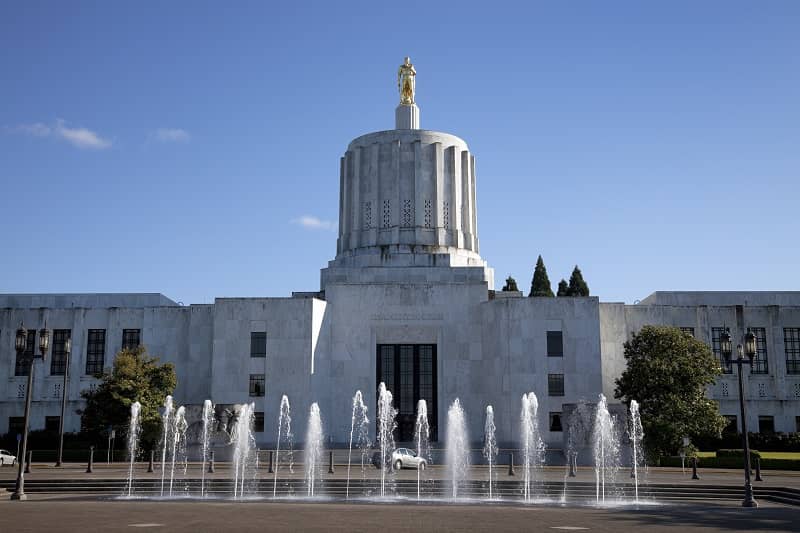By Joel Grey
The Portland Seed Fund (PSF) started in 2011 as a joint public-private venture intended to close a funding gap for entrepreneurs attempting to start a business. It invests $25,000 in each selected startup and reserves money for follow-up investments. The City of Portland, the City of Hillsboro, and the State of Oregon diverted tax dollars to underwrite the majority of the cost for the first Seed Fund and a significant portion of the second Seed Fund. This totaled $3.4 million through 2014.
Another $100,000 was proposed in the requested budget for the Portland Development Commission (PDC) this year. The 2014-2015 budget has been adopted but does not specify whether funding for the PSF is included. The PDC has ignored multiple requests for comment. The City of Portland and the Oregon Growth Account are the two biggest sponsors, both putting in $1.5 million or more.
Portland obtains its money from taxpayers directly; the Oregon Growth Account is a state-run venture capital fund using dollars appropriated from the Oregon Lottery.
The Seed Fund was promoted as a way for public entities to help private companies get started, with the expectation that the Fund would eventually earn money. However, it is not possible to determine whether the Seed Fund is earning a positive rate of return, or even what is being done with its money, despite the fact that it utilizes public funds.
The Seed Fund does not publicize which businesses are still open, and even when contacted did not respond to requests for its return on investment (ROI). The public entities were unable to provide the Fund’s ROI as well. The City of Hillsboro communicated that it was not able to invest directly, but had used an intermediary that would also receive any ROI. Various people at the City of Portland, including several at the City Budget Office and the PDC, were also unable to supply an ROI; some did not know what the ROI was and others have simply not responded to information requests.
Out of the 46 companies funded, most appear to still be open; but one has closed, another has moved to California, and two more appear to have closed, lacking corporation status, websites, and offices.
Regarding the funds spent by Hillsboro and Portland, Article XI Section 9 of the Oregon Constitution states: “[n]o county, city, town or other municipal corporation, by vote of its citizens, or otherwise, shall become a stockholder in any joint company, corporation or association, whatever, or raise money for, or loan its credit to, or in aid of, any such company, corporation or association.” Portland and Hillsboro got around this provision by giving their initial offerings to the Oregon Entrepreneurs Network, which then gave the money to the Seed Fund.
For the second Seed Fund, the City of Portland created its own intermediary, the Portland Economic Investment Corporation, which will be the group that handles the investment.
When asked, the City of Hillsboro said that it is not an investor; but by any standard of common sense it is. The city appropriated money for the Seed Fund, and the intermediary is just a screen. The money was always intended for the Seed Fund.
The managers of the Fund have admitted “[t]he Seed Fund could exist without public money.” This begs the obvious question: Then why is public money involved? If a private enterprise can exist without public money, for what reason is the public money involved?
The Portland Seed Fund is an example of “mission creep” in government. The three jurisdictions that launched this Fund have important work to do in such areas as law enforcement and protection of property. There is no reason to spend public money on non-essential and highly risky tasks such as equity investing in new private companies. The Portland Seed Fund should be shut down, and a full accounting of its spending should be provided to taxpayers.
Joel Grey is a research associate at Cascade Policy Institute, Oregon’s free market public policy research organization.











